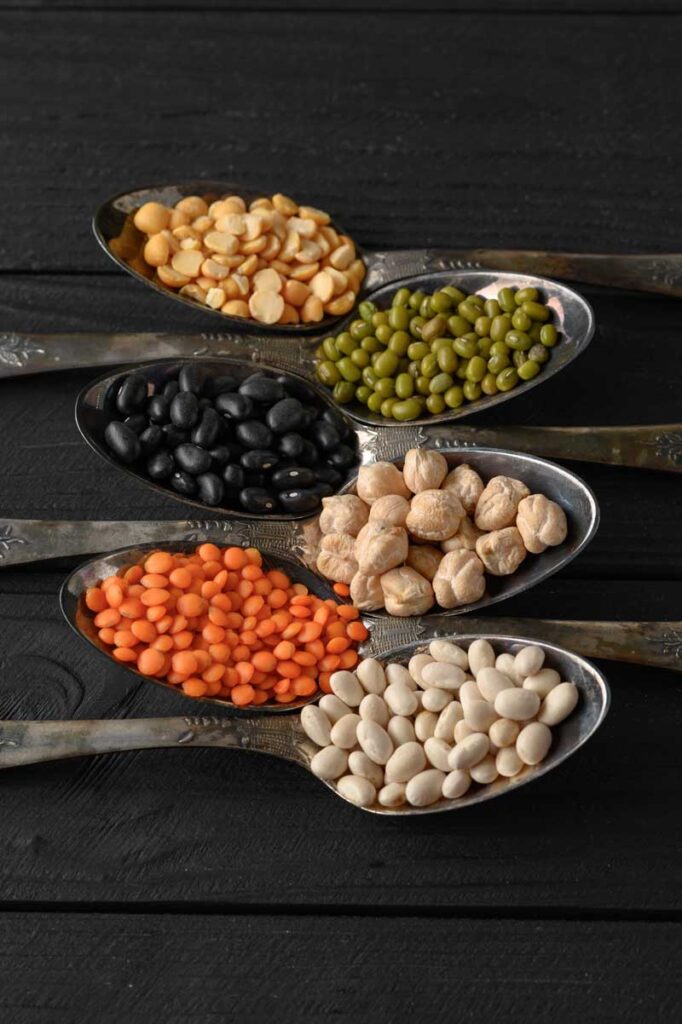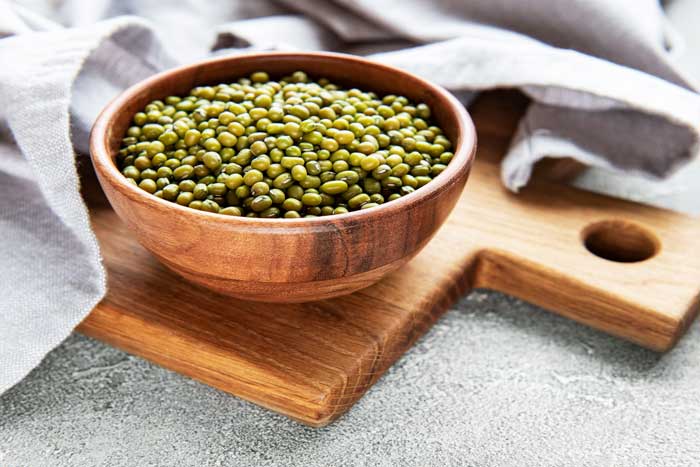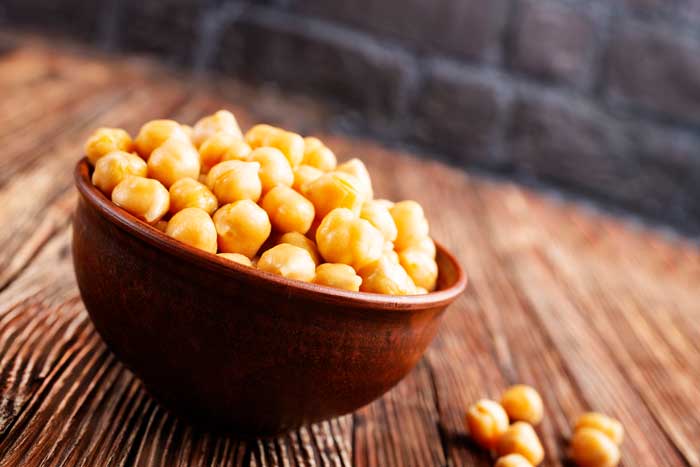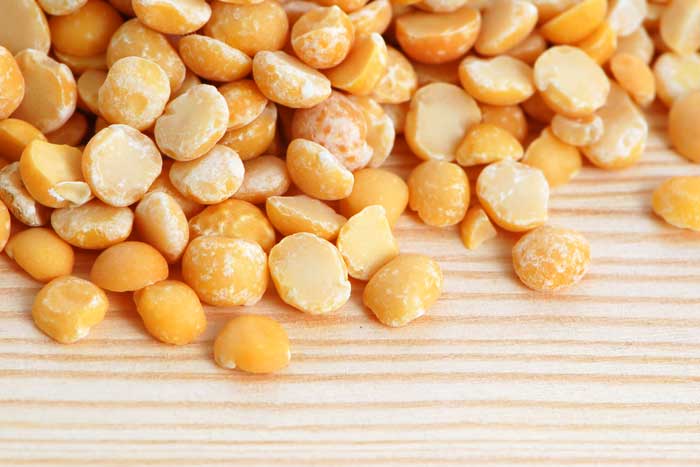



Beans and other members of the legume family produce seeds that can be eaten. Pulses are legumes that develop in pods and range in size, color, and shape. There are eleven different kinds of pulses recognized by the FAO of the United Nations: dry beans, dry broad beans, dry peas, chickpeas, cowpeas, pigeon peas, lentils, Bambara beans, vetches, lupins, and pulses NES (not elsewhere specified – minor pulses that don’t fall into one of the other categories).


The mung bean is packed with vitamins and nutrients, and is a versatile element of a healthy diet. It can be used as an ingredient in both savory and sweet dishes. We originate mung beans in Southeast Asia and India, and distribute this pulse to customers in the World.

The chickpea is an important element of Indian, Mediterranean, and Middle Eastern cuisine. It is a key ingredient in hummus and can be ground into flour to make falafel. It is also used in salads, soups, stews, curry and other meal products. We originate chickpeas in India and distribute this pulse domestically.

Broad beans are one of the oldest cultivated vegetables known to man. They have been eaten as a staple food since medieval times. Broad beans are a member of the legume family. Thick, fleshy pods protect the edible seeds. Broad beans are a source of protein and carbohydrate whilst low in fat, which makes them an ideal choice for vegetarian and low fat recipes. They are also a source of fiber, vitamin C, folic acid, pantothenic acid, vitamin A, and niacin.

Yellow peas are nutritionally valuable, as a rich source of vitamins A, B and C, fiber, protein, and potassium. They tend to fall apart when thoroughly cooked, and are therefore a useful thickening element for stews, soups, and curries. We source yellow peas from Ukraine for distribution in India.
Simply give us a call and we will assist you.
send us an email so that we can assist you.
Come to Us for Assistance!

We’ve helped thousands of our clients, and we want you to learn from our results. Subscribe now